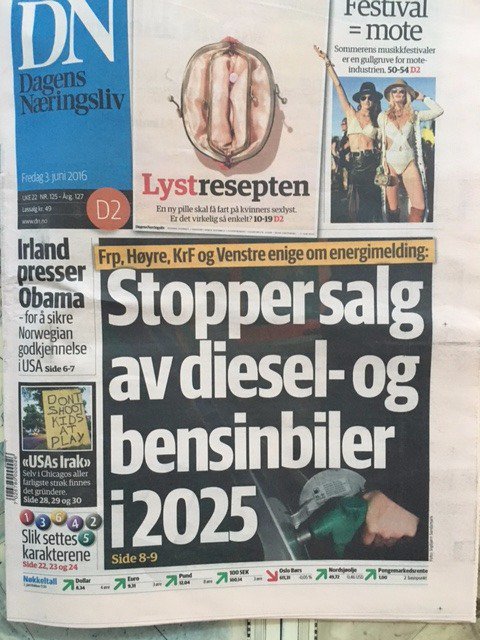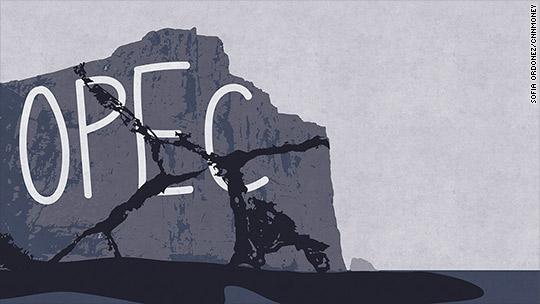Yes, Brexit was a disaster for capital markets ... but mainly because most traders did not hedge their positions for such an eventuality. Most traders assume the Brits would never do something so silly. Yes, it is silly because Britain has a 75% export market and depends on the union in more ways than one.
London as the financial centre has been magnified for the past 10-15 years thanks to the free movement of labour, capital ... the flow on benefits of that cannot be minimised.
WHAT IS LIKELY TO HAPPEN
- REGRET: More and more Brits will regret their decision. There will be movements to garner sufficient support for a second referendum - even though that is not written in stone, it could be debated in Parliament if there is sufficient pressure.
- POLITICAL WILL: Cameron did what I considered the smartest chess move, and swiftly too, by resigning immediately. He is basically saying, you want to eat shit, then I am not going to be the one to open the door and scoop the shit. No wonder Boris looked like Becker having lost Wimbledon yet again. Boris should be celebrating but with Cameron's resignation, he is in line to be the "the leader" and its really a no win situation for Boris of London. If you look around, none of the vocal Brexit leaders are now trumpeting to invoke Article 50 immediately. This is the classic case of "be careful what you wish for, cause you buggers do not know what to do when you have it".
- E.U. STANCE: The 6 foreign ministers of EU came out strongly to basically ask Britain to move quickly to exit. That might be a surprising stance to many but its a calculated stance to stand strong and send a signal to other nations wanting to leave the union. Its still a stance.
- This will lead to a discordant British society with youth vs seniors, as the majority of the seniors voted for Brexit while the majority of youths voted to remain. Looking at actual impact, most youths have another 40-60 years to live with the decision while the seniors have between 5-20 years. You do the math. As you stop people from coming in, you also limit the "opportunities" to work in the rest of Europe. There are also many British retirees in Spain, Portugal and Greece ... I think they will make it tougher for these seniors to retire there soon.
- OTHER EXITS: Naysayers will cite that now more countries will go for the referendum route to exit EU. Well, thats a probable route because most right wing parties in every country will try to jump on the bandwagon. Again, we have to look at this logically. Not every country want to leave the union as they are in a position of weakness in economic terms, structurally and being too inter-dependent on the union.
WHAT IS REALLY REALLY LIKELY TO HAPPEN
- Both side will quickly try to negotiate a "new treaty" ala Switzerland, Norway. The EU really really needs Britain to be in at least in economic terms. If Britain can get some new terms in free movement of labour, I think that can sway the way for a second referendum. If you look at it, both sides really want to be in. Even Brexit leaders will concede that much if the terms can be changed somewhat.
- At the end of it all, its the immigration issue, nothing else. Maybe a special passport will be needed for other Europeans wanting to work or stay in London. Actually its not that difficult. Just accept Temporary Resident, renewable for every 3 years, provided they have a proper job offer. And they must leave the country within 3 months if they do not have a job anymore.
MARKETS
- Very hard to try to discount when there are still so many permutations. To try and guess, will make you making good money or lose a ton of money. If thats the kind of bet you want, go ahead. But if I am forced to bet, based on the arguments above, I'd bet for sanity to prevail and the human will to survive and reconnect - bullish, even though its mad-like bullishness.
Remember that, when presented with a great unknown with an equal amount of uncertainty, markets will discount down and will overshoot. The 'what mights' are all tainted with worst case scenario ... but we should look at what is probable given that people will make decisions based on new evidence on the table, and new evidence is neither Britain nor the EU liked the ramifications. Thus safe to say, it is likely both sides will try and hammer out something which will keep the EU intact - because a nasty breakup will cause EU to disintegrate, and Britain will be whiplashed terribly being an export reliant market (to EU mainly).
Source: Malaysia-Finance Blogspot




















